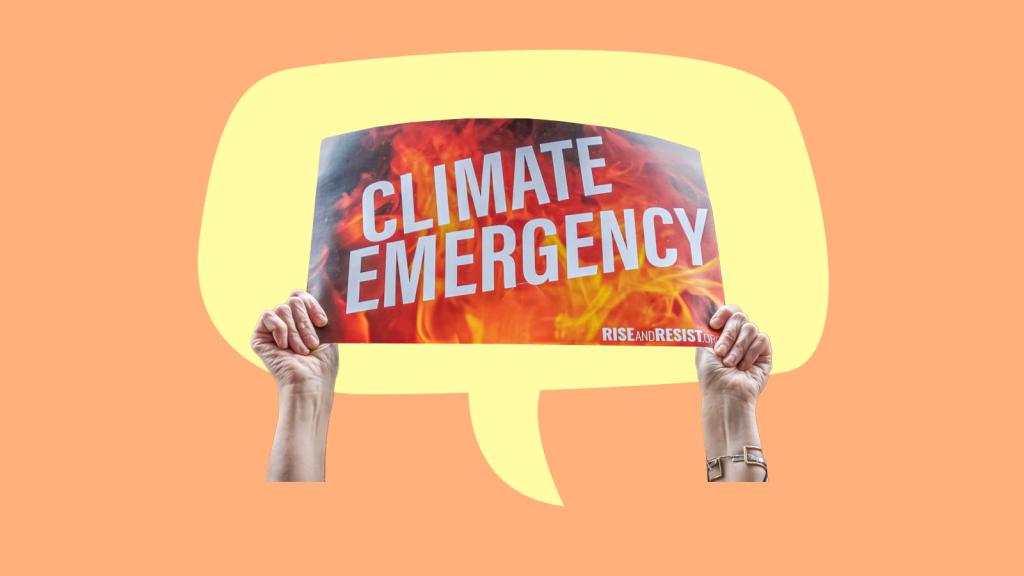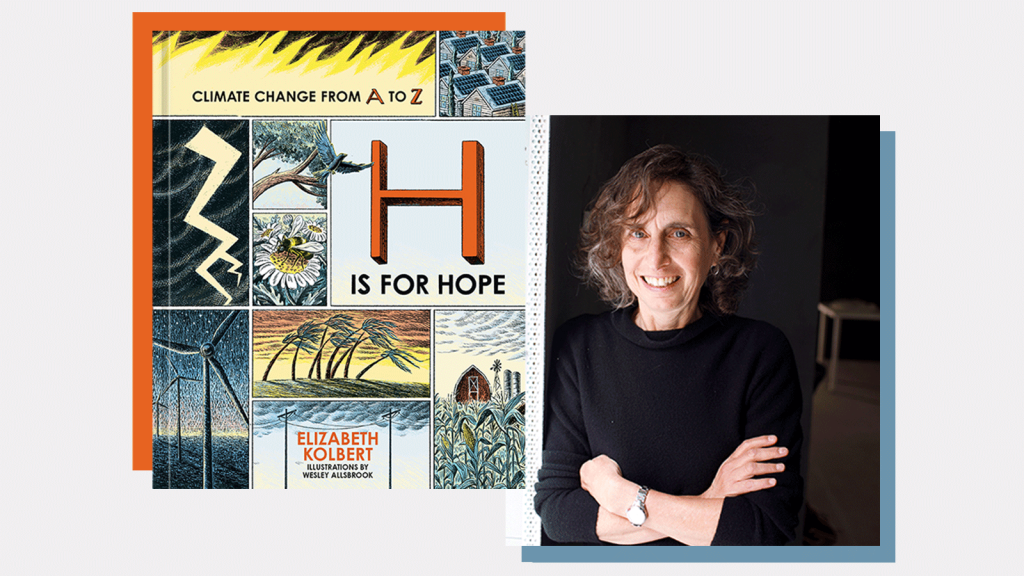Climate tipping points are a specter looming over our future — thresholds beyond which the Earth’s systems switch into new states, often abruptly and irreversibly.
The long-frozen soil beneath the Arctic could rapidly thaw and release vast amounts of carbon dioxide and methane stored within it, heating up the atmosphere even more in a feedback loop. Fast-melting fresh water from Greenland’s ice (one tipping point) could disrupt the Atlantic Ocean’s circulation pattern (another tipping point), causing weather chaos around the world: Temperatures might plunge in northern Europe, the tropics could overheat, the rainy and dry seasons in the Amazon could flip, and parts of the U.S. East Coast could be submerged by rising seas.
A new paper in the journal Nature Climate Change makes the case that all these alarming events should be called something other than “tipping points.” The framing is intended to draw attention to the radical changes that global warming might bring. But a group of scientists from Canada, the United Kingdom, Switzerland, and cities around the Unite... Read more










